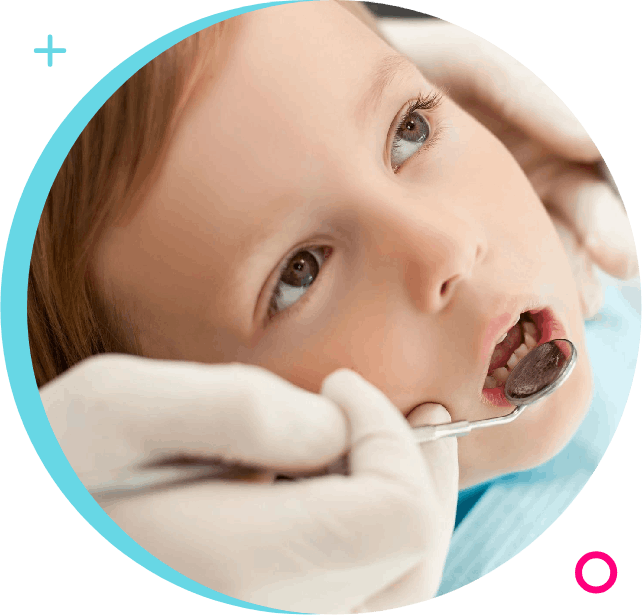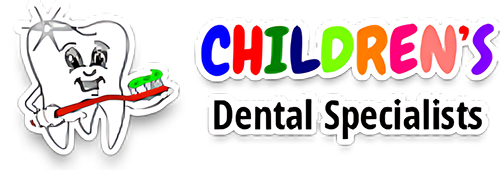Emergency Dental Care Guidelines
Injuries to the mouth, face, and teeth are not uncommon in children. It's crucial to remain composed and act promptly to minimize the impact of the injury and alleviate your child's discomfort. If your child experiences a head injury resulting in a loss of consciousness, even briefly, seek immediate medical attention at the emergency room.


Dealing With a Broken Tooth
Should your child suffer a broken tooth, delicately clean the affected tooth to remove any debris. Apply a cold compress to the face in the area of the broken tooth to reduce lip or facial swelling. If there's visible bleeding inside the tooth, contact the dentist promptly.
Handling a Knocked Out Tooth
For Permanent Teeth:
For Primary (Baby) Teeth:


Addressing Toothaches
Toothaches may result from a large cavity nearing the tooth nerve or a fracture in the tooth. Accompanying symptoms may include swelling in the gums due to an abscess. Manage the infection by maintaining meticulous oral hygiene, including regular tooth brushing and flossing. A warm salt water rinse 2-3 times daily can aid in treatment. Oral analgesics such as ibuprofen or acetaminophen can alleviate discomfort, but consult a physician before administering to children under 4. Avoid giving aspirin. Topical anesthetics like Orajel® or Anbesol® offer temporary relief; however, it's crucial to schedule a dentist appointment as soon as possible.
Dealing with Bitten Tongue, Lip, or Cheek
After a dental procedure with local anesthesia, a child may accidentally bite their tongue, lip, or cheek due to reduced sensation. Healing may involve swelling, ulceration, or a grayish/greenish appearance, typically lasting a few days. Aid the recovery process with proper oral hygiene, warm salt-water rinses, and topical anesthetics like Orajel® or Anbesol®. A cold compress can help with swelling.
If an emergency occurs outside regular hours, please proceed to the nearest hospital or call 911.

